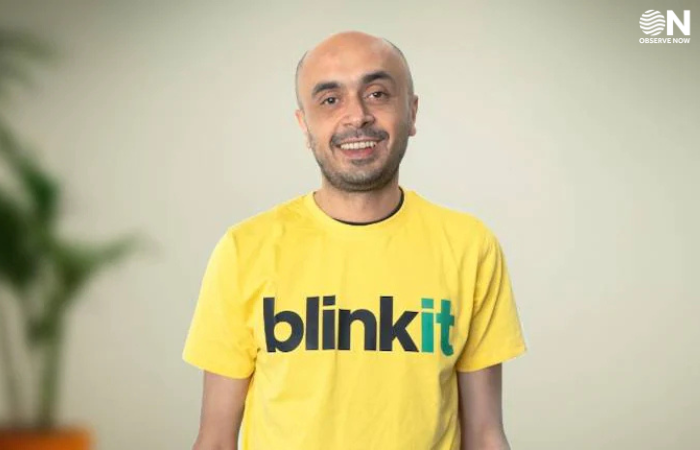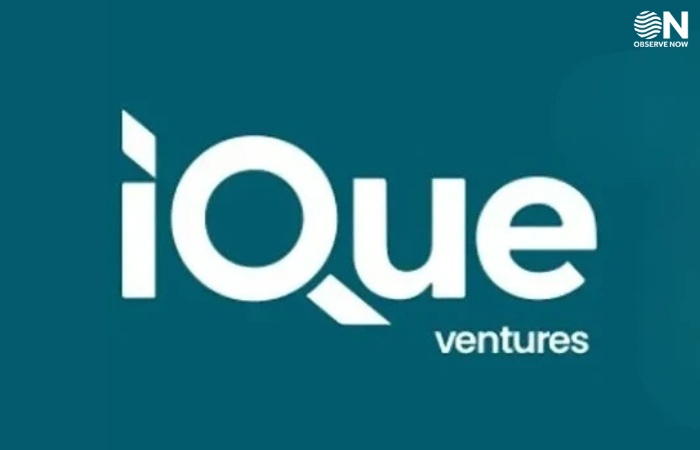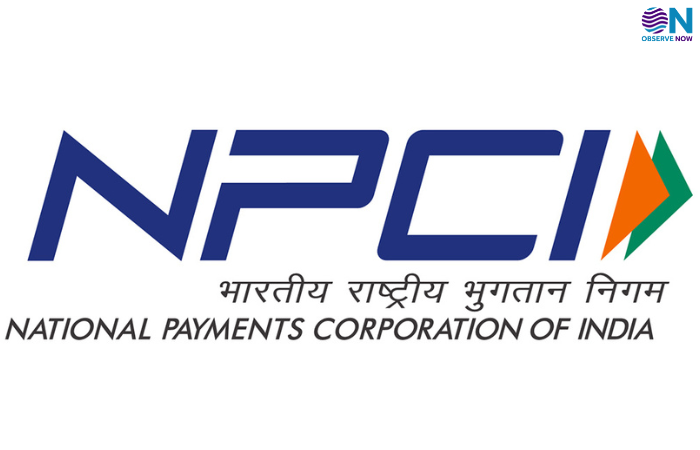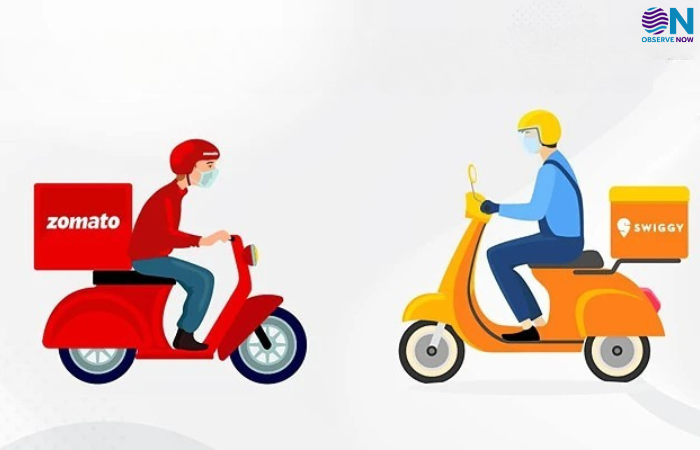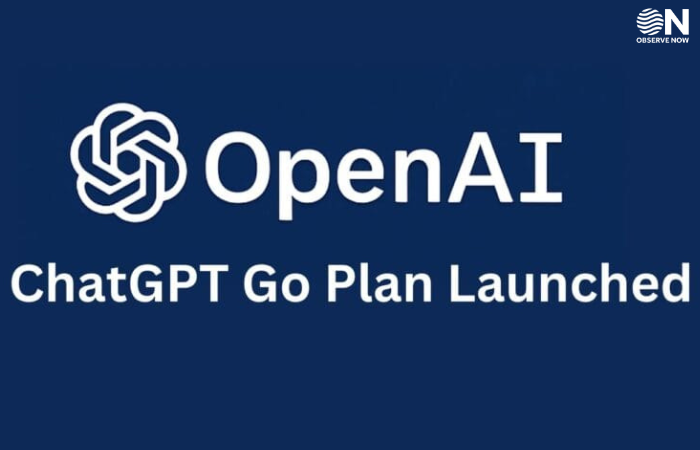Blinkit Founder Albinder Dhindsa Leads ₹419 Crore Eternal ESOP Exercise
Blinkit’s co-founder and CEO Albinder Dhindsa has led a major ESOP exercise at Eternal, the parent company of Blinkit and Zomato, signaling strong confidence in the company’s growth. Conducted between July 29 and 30, the exercise saw over 140 executives convert stock options worth ₹419 crore into equity. Dhindsa himself converted seven million options into shares valued at ₹214.5 crore, significantly boosting his personal stake while underscoring faith in Eternal’s long-term vision.
The participation extended across Eternal’s leadership, including executives from Blinkit, Hyperpure, and Zomato’s dining vertical. Over 30 leaders individually exercised stock worth more than ₹1 crore, together contributing nearly 90% of the total value (₹378.5 crore). Such broad involvement demonstrates a unified belief in the company’s resilience and trajectory, especially as competition in food delivery and quick commerce intensifies.
The move coincides with Eternal’s stock hitting a seven-month high, a common trigger for ESOP conversions, as executives maximize gains while reducing accounting expenses for the company. More importantly, it sends a message of leadership conviction and alignment with shareholders. By tying their personal wealth to the company’s fortunes, Dhindsa and his team have reinforced confidence among investors, employees, and the broader market.
The development comes as Blinkit cements its dominance in India’s quick-commerce sector. In the June quarter, Blinkit’s gross order value hit ₹11,821 crore—up 140% year-on-year—surpassing Zomato’s core food delivery business for the first time. This rapid growth has validated Eternal’s strategy of betting big on quick commerce, though profitability pressures remain due to expansion and logistics costs.
Industry experts note that the ESOP move goes beyond finances—it serves as a statement of intent. It boosts morale internally, assures investors externally, and reinforces Eternal’s focus on building long-term value through innovation, expansion, and strong governance.


